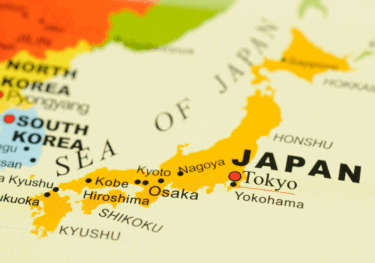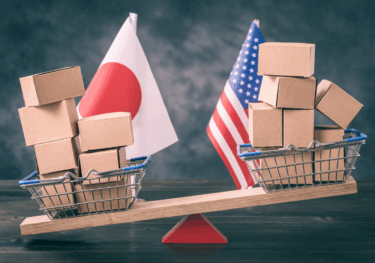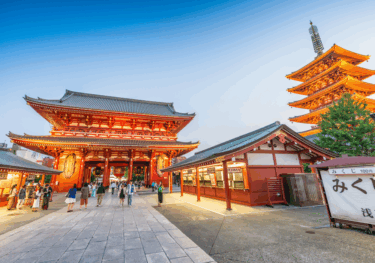BoJ likely to end zero interest rates in autumn
As expected, the BoJ maintained its policy rate at 0%-0.1% at Friday’s meeting. With more confidence on the ongoing wage-driven inflation dynamics and a strong appetite for policy normalisation, the BoJ looks more likely to end its zero-interest rate policy in the autumn.
What you will learn:
- The median CPI (excluding fresh food and energy) forecast in the Quarterly Outlook Report was unchanged at 1.9% for FY2024 and 2025. The figure for FY2026 was 2.1%, showcasing the BoJ’s confidence that it will achieve the 2% inflation target in coming years.
- The BoJ has increasingly stressed that monetary policy is data dependent. The wage settlement for SMEs at the Spring Negotiation continues to provide upside surprises.
- Assuming the recovery in real incomes and consumption is confirmed in the summer, the BoJ will likely raise its policy rate, arguing that the probability of meeting the 2% target has risen.
- We still project that the BoJ will cautiously raise its policy rate to 1% by 2028. The risk that 1% won’t be reached is also still significant due to the huge downside risks in the medium-term price outlook, especially the sustainability of wage rises and SMEs’ pricing power.

Tags:
Related Posts

Post
Tariffs and Politics Leave the BoJ Powerless in Japan
The Bank of Japan kept its policy rate at 0.5% at its July meeting. We continue to think the BoJ will exercise caution on rate hikes despite still-high inflation and a recent trade deal with the US.
Find Out More
Post
US-Japan Trade Deal Fails to Shift Japan’s Growth Outlook
We estimate that the US's effective tariff rate on Japanese products is around 17%, in line with our baseline assumption. Lower tariffs on autos are a positive, given the sector's significant contribution to the economy and its broad domestic supporting base
Find Out More
Post
Japan’s Rising Political Instability Will Undermine Fiscal Discipline
The ruling Liberal Democratic party (LDP) and its partner Komeito lost their majority in Japan's upper house elections on July 20. Although Prime Minister Shigeru Ishiba will likely stay to avoid political gridlock, especially to complete tariff negotiations with the US, the political situation has become fluid and could lead to a leadership change or the reshuffling of the coalition.
Find Out More